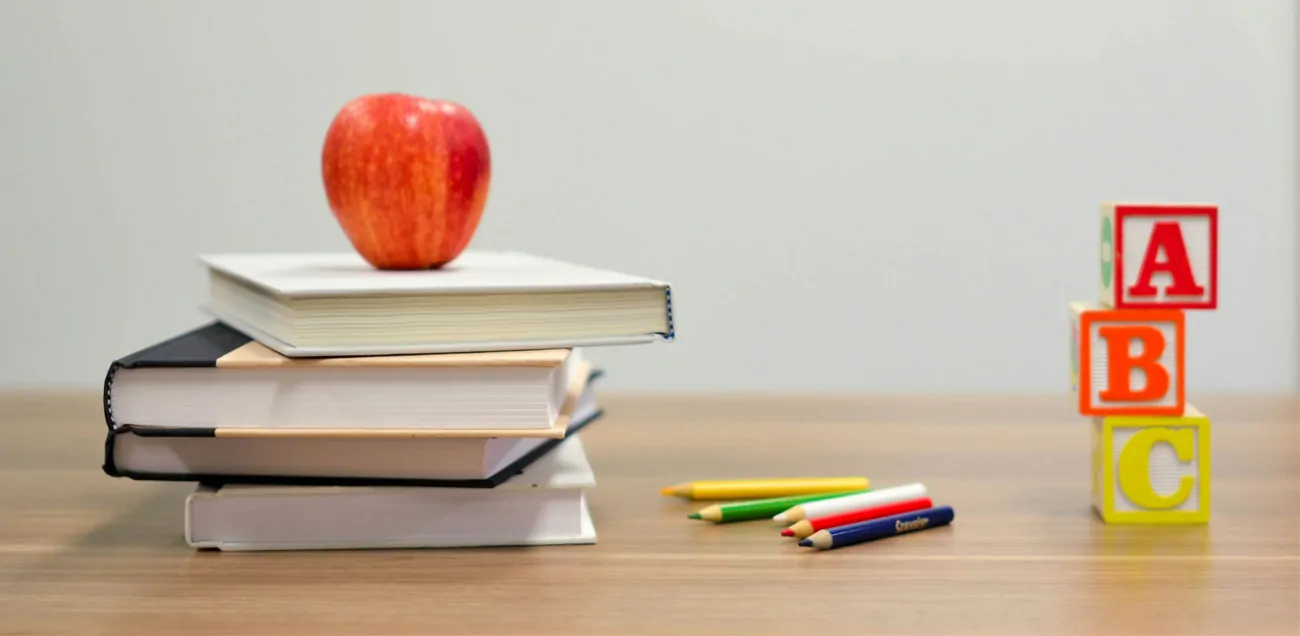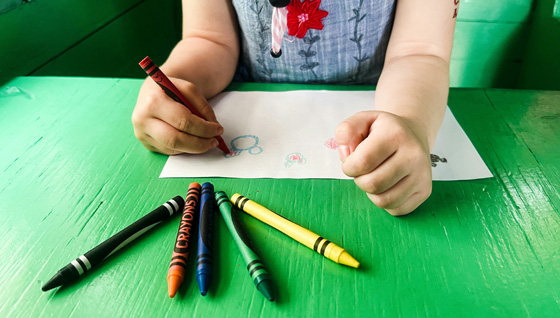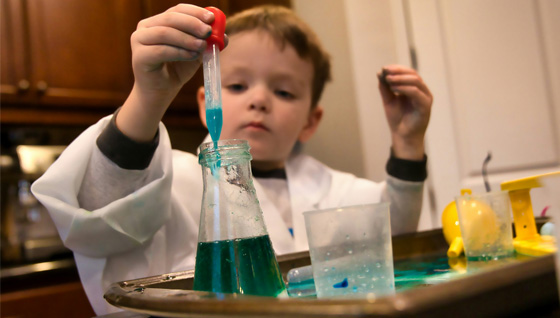Fun & Inspiring Educational Activities for Kids
7 min read
Last Modified 18 August 2025 First Added 18 August 2025

Watch your child’s eyes light up with curiosity and wonder as they explore fun and inspiring educational activities. From literacy and art to nature and technology, these fun learning activities for kids support their development and impart invaluable life skills like problem-solving and teamwork in exciting ways.
Our guide explores many educational pursuits, spotlighting interactive projects that both captivate and educate. Dive into literacy boosters, hands-on crafts, nature explorations, STEM projects, and team activities – all designed to ignite a passion for learning in children.
Educational activities that focus on literacy nurture essential reading and writing skills and foster a love for learning. Emphasising hands-on learning and interactive engagement, these techniques offer more than just fun; they lay the groundwork for a confident reader who can easily navigate the complexities of language. Take a look at our range of educational toys and games that can support these activities.
This activity transforms learning into a treasure hunt where children actively explore and identify letters and sounds. Hide letter cards or objects tied to specific sounds around the house and encourage children to find and identify each item based on its initial letter sound.
Interactive storytelling captivates young audiences by intertwining imaginative tales with educational growth. Use action figures, soft toys and dolls to act out stories. Families can bond by sharing stories while reinforcing literacy skills, making storytime a magical and instructive experience.
These art activities not only boost creativity and encourage self-expression but also contribute to developing fine motor skills. Using waste materials such as plastic bottles and egg cartons in creative projects teaches kids about sustainability and resourcefulness. Through these projects, children learn the values of focus and patience, understanding that the creative process involves trial and error.
By engaging in activities like creating pattern bracelets with coloured beads, children gain a better understanding of order and repetition. The repetitive nature of these crafts supports the development of fine motor skills, as children handle small beads and string them with precision.
DIY story stones represent a delightful blend of art and storytelling, allowing children to explore narrative structures. By decorating stones with characters and scenes using colourful markers or stickers, children can create vivid narratives. Children are prompted to think critically about narrative possibilities, developing their own stories while enjoying a hands-on learning experience.

Outdoor exploration provides children with an educational experience like no other, blending the wonders of nature with important developmental benefits. By venturing outside, young learners can engage in nature activities that simultaneously promote environmental awareness and cognitive growth, allowing them to develop problem-solving and language skills naturally.
Encourage children to count natural elements like trees, flowers and birds and keep a tally of their observations, bolstering their counting and numeracy in a practical environment. Involving music and physical movement through singing, counting songs, or forming shapes with natural materials fosters foundational math skills in a playful setting. Our range of kids’ musical instrument toys can help little ones explore sounds and rhythm from a numeracy perspective by identifying patterns and counting beats.
In a backyard treasure hunt, problem-solving, critical thinking, and teamwork come to the forefront as children embark on an exciting quest. Using maps sharpens their map-reading skills and encourages active engagement as they create their own paths to hidden treasures. Such activities offer cognitive benefits by enhancing analytical skills and promoting social development through teamwork. This versatile activity can be customised to suit different age groups, providing opportunities for intergenerational bonding.
Introducing children to STEM toys and activities at an early age is a fantastic way to ignite their interest in science and technology. These activities encourage them to explore, reason, and better understand their surroundings. STEM adventures can be incredibly engaging and often require minimal preparation, using materials commonly found at home. You can make learning even more fun with our range of electronic learning toys for little ones.
Pipe cleaner constellations offer children a hands-on way to explore the wonders of the night sky. This fascinating yet straightforward project uses pipe cleaners and beads to replicate the connections between stars in constellations. Children can shape the pipe cleaners and position the beads to match the patterns in various star formations, making astronomy accessible and engaging.
The activity begins with children drawing stripes on coffee filters with markers, which are then folded into triangles. Dip the pointed end of the folded filter in water, and as the water travels upwards through the filter, the marker ink separates into its component pigments. This separation results in vibrant patterns on the flower-shaped filter, showcasing a spectrum of colours. Take a look at our range of Experimake science kits for more creative and colourful experiments.
Using mini-marshmallows and toothpicks, children can construct both 2D and 3D geometric figures, providing a hands-on learning experience that is both educational and enjoyable. Engaging children in this tactile approach to geometry helps them understand spatial relationships and develop a deeper appreciation for shapes.
Older children might enjoy building straw structures to enhance their understanding of engineering concepts and boost their confidence in applying creative solutions to practical challenges. Check out our range of science museum toys, which allow older kids to bring robotic and mechanical creations to life.
Introducing children to the art of cooking can be an exciting and educational experience that fosters curiosity and learning. The kitchen is a dynamic classroom where kids can engage in hands-on activities that bolster their math and reading skills. From measuring ingredients to understanding the fundamentals of nutrition, cooking teaches valuable lessons. These experiences reinforce academic concepts and cultivate life skills, such as planning and time management.
Baking is a delightful way to introduce children to the fundamentals of counting and measuring. Through these hands-on activities, kids develop their math skills by engaging in practical tasks, such as measuring flour, counting spoonfuls, and identifying the correct amounts needed for recipes. These actions help them gain a better understanding of quantities and arithmetic operations.
Additionally, following a recipe’s instructions strengthens their sequencing and organisational skills. When you don’t have time to bake real recipes, our collection of Montessori toys lets little ones engage in purposeful play with pretend food sets that include fruit, vegetables, cakes, pizzas, and more. These toys encourage independence, hands-on learning, and self-directed exploration.
The kitchen is perfect for introducing children to introductory chemistry concepts through everyday cooking activities. By exploring the reactions of common ingredients, children can observe scientific principles in action. The visual element helps children understand mixing and reacting, making science tangible and engaging.

Collaboration and teamwork in educational activities are so important for developing children’s social and cognitive skills. Invite family members or friends into a supportive learning atmosphere, encouraging children to engage more deeply. When children are encouraged to explore and pursue their interests, it sets the stage for collaborative creativity.
Group story creation is a fantastic way to transform learning into an engaging and social experience. Children can enjoy an interactive activity involving family members or friends, creating stories that spark enthusiasm and creativity. Writing exercises incorporating movement or movement-related tasks can ignite apprehension for language activities, making the exercise more memorable.
Participating in team-based science challenges, like egg drops or building rockets, provides children with a valuable experiential learning opportunity. These problem-solving activities are designed to encourage critical thinking and teamwork. Children can work together to achieve common goals and develop interpersonal and communication skills. Discover more team-building activities for kids.
Need more inspiration? Discover our collection of educational toys – designed to spark creativity, learning, and fun for toddlers to 11-year-olds! Explore more fun and creative activities for kids.
Read our disclaimers